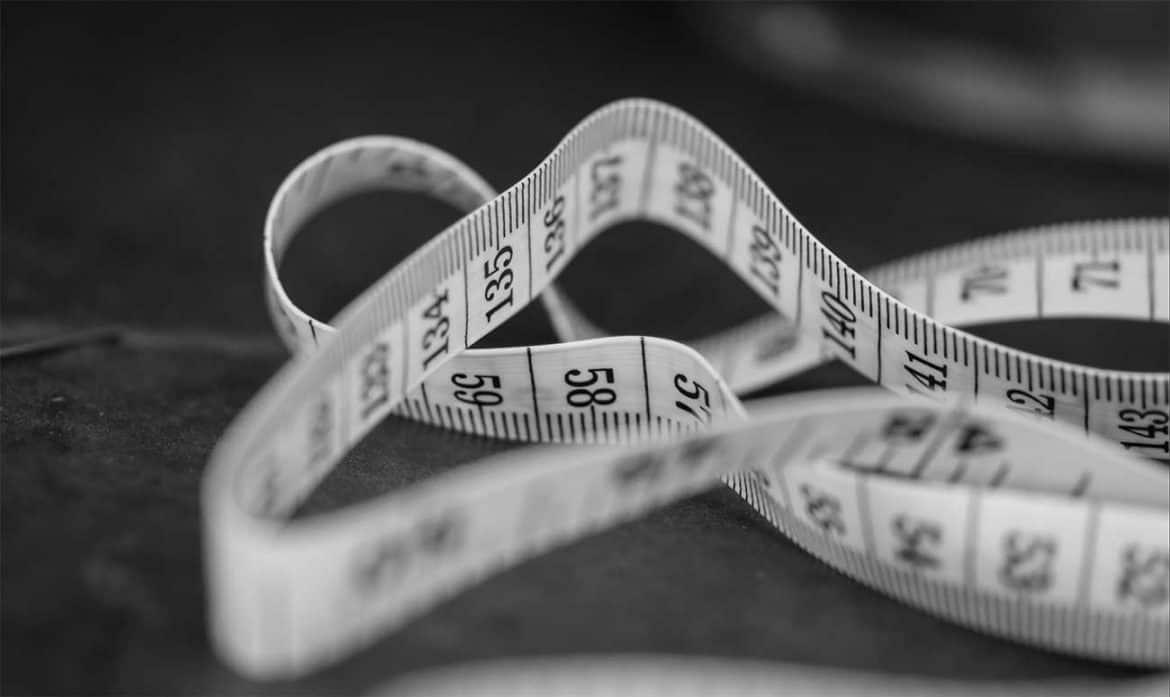A couple of weeks ago, a popular Instagram account referenced me as a “body positive” woman of color. I very politely thanked them for the inclusion, and snuck back into the shadows like I usually do on all matters of “body positivity,” because what happened next is what always happens.
I later received a message, asking me why I would be taking up space in body positivity as a weight loss blogger, stating that weight loss and body positivity are completely incongruous and I was wrong to insert myself there based on what I represent.
And, listen, I get it. A major part of what attracts people to body positivity is an escape from diet culture—we are inundated with the idea that our lives are lacking and we—as people, as women—are failures who will never reach our full potential without thinness. We need spaces that reject that idea, that encourage us to reject that idea. We need spaces that allow us to define our own successes and allow us to celebrate without a qualifier that basically amounts to, “but are you thin, tho?”
Diet culture tells us that we don’t deserve privileges and successes that come from our own hard work unless we are thin. Diet culture is when you see years of research showing that promotions and graduate programs and countless other opportunities are denied to plus-size women—rarely, if ever, men— and no one bats an eye. In fact, you get tweets admitting to the practice.
Diet culture is when men feel comfortable completely ignoring you and denying you basic human needs like communication, all because they are not attracted to you. And instead of questioning who raised him, you question your worth as a human being. And, when you try to explain this to others, they tell you the solution to your problem can be found in… weight loss.
If body positivity is a respite from all of that, then those spaces shouldn’t include weight loss. They shouldn’t.
So why would you find me there?
Throughout the years, I’ve always maintained that shame is not a stand in for motivation. A person should not be motivated by social isolation and other punitive measures to do anything, let alone something as drastic as changing their bodies. No one can learn in any meaningful way if they’re feeling ashamed of not knowing, or ashamed of knowing and not being able to execute.
And I think that’s why people include me—fitness information without the shame component.
People come to the conclusion that they need to change the way they eat or lose weight or focus on a certain chronic condition for any number of reasons. A long talk with a doctor, recovery from a difficult surgery, a health scare at home—all things that can abruptly change a person’s mind. It doesn’t have to be some sense of inadequacy that compels in this direction. Someone has to provide people with information that does not demean them for not knowing; does not shame them for not doing; and does not give them the impression that suffering is somehow the key to success. People need a place where they can hear the facts without the pretense of flaws, or failure, or inadequacy.
Diet culture tries to define who deserves empathy, who gets to live with some form of dignity. Diet culture tries to define who deserves—I tell you that you were never undeserving. You aren’t required to be thin to be or feel beautiful here, and there will never be anyone here trying to tell you that you must be a certain size in order for your goals or intentions to be valid. Your smile should be just as bright at 330lbs as it might be at 230lbs or beyond. And no one here would bat an eye.
Do I belong in body positivity spaces? No—I’m not a safe space. Regardless of what language I may use, there are always members of my community who might use language that is not quite favorable to larger bodies, or words that trigger insecurity. As much as I might want to control or change that, I know my limitations. But I, as an individual writer, can work to be a resource that not only gives clear information free of biases and judgment, but also be someone who tries to change the way health and fitness content is written across the Internet. And if that makes the world an easier place to live in for those on the front lines of body positivity, then I’ve done something I can be proud of.
P.S.: If you want suggestions on actual body positive spaces online, take a look at these recommendations from one of my favorite people in the world, my good sis Marie from The Curvy Fashionista.
P.P.S.: Here’s a look at the last time I wrote about this, and a look at the time before that.

